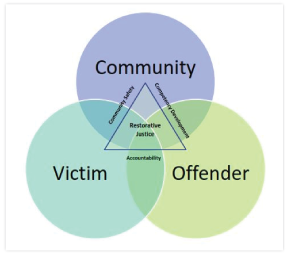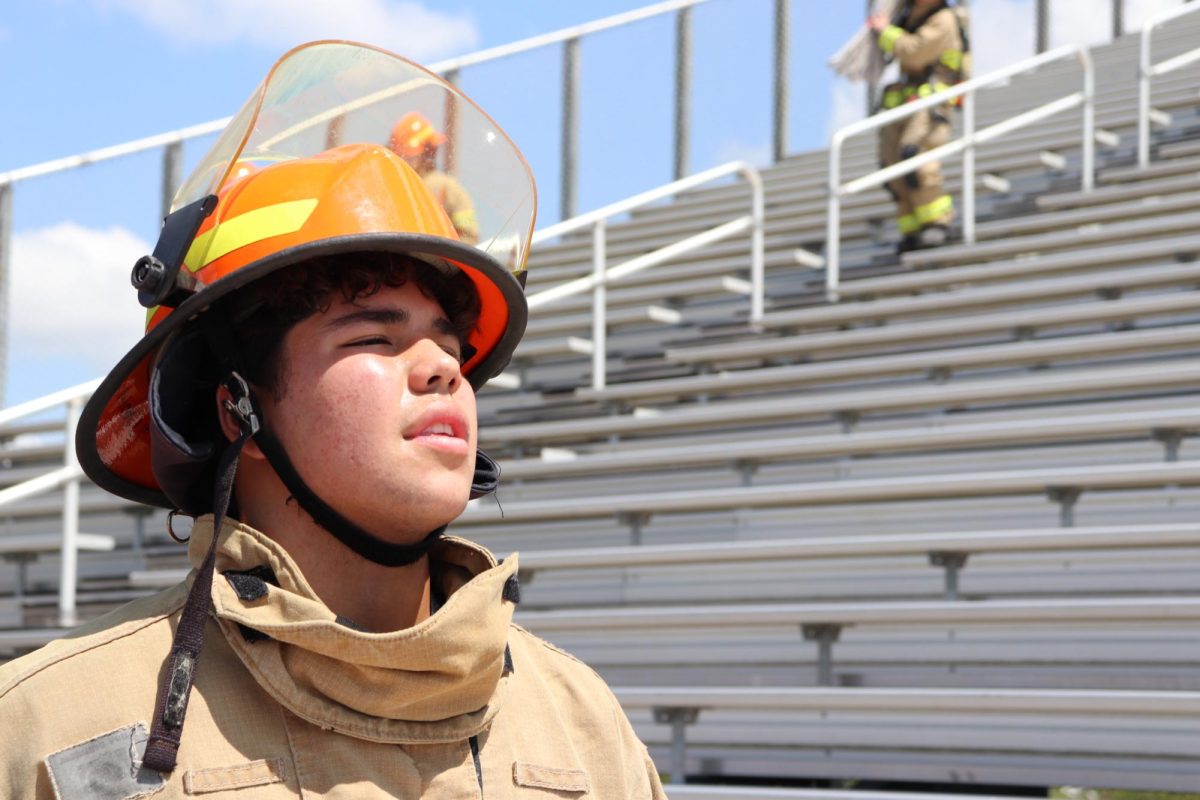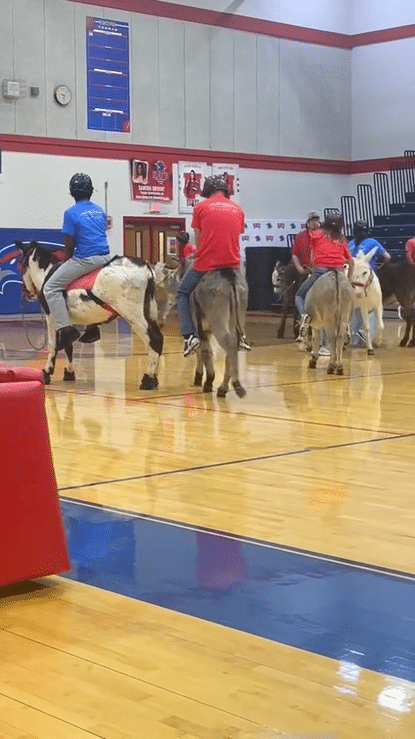When the punishment does not fit the crime

courtesy of dismasministry.org
January 4, 2020
As details of the recent Johnson High vandalism come to light, and the perpetrators serve their due, the community continues to react. Parents and students have mixed feelings on the morality of the sentence on the teenagers. This heated conversation online is wrapped around one question: do they deserve a punishment that will follow them for life?
After the school investigated the incident for a couple of weeks, Paris Foster, Coleman Johnson and Timothy Sharp, 12, turned themselves into Hays County jail on Nov. 19 and were released the next day. The teenagers were charged with graffiti of a school, a state felony, after causing $160,000 worth of damages to the Johnson campus.
There’s no question over the matter of whether or not they should be punished; for we as a community can agree they deserve consequences for their actions. However, we believe the felony charges are too intense for the mistake of a few teenagers, and many other community members feel the same. We suggest an approach that focuses more on rehabilitation, rather than punishment.
While the students are adults in the eyes of state law, it is unrealistic to not expect teens to make irresponsible decisions. It’s simply what teenagers do, as our brain’s frontal lobes are still developing. While it is crucial to learn from said mistakes, the consequences of their actions should not remain permanent.
As young people, we find the entire situation somewhat hypocritical. Growing up we were taught to forgive and to give second chances, however when these students made a poor choice, the jury was not so quick to forgive. Granted, we understand that the damage of their choice was significant, but how is it in any way ethical to ruin their futures for a decision made at such a young age?
 We are also appalled at the social media comments left by parents who seem to be criticizing the students on social media. It is understandable to feel angry that a school was damaged because parents want schools to be a safe place. But these adults need to change their perspective; because if their child had done the same, they would likely see them less as criminals, and more as teens that made a mistake. Posting comments like “put them in jail,” is completely irrational and immature. Instead, adults need to adopt a more realistic mindset and encourage a solution that shows discipline, yet is still forgiving.
We are also appalled at the social media comments left by parents who seem to be criticizing the students on social media. It is understandable to feel angry that a school was damaged because parents want schools to be a safe place. But these adults need to change their perspective; because if their child had done the same, they would likely see them less as criminals, and more as teens that made a mistake. Posting comments like “put them in jail,” is completely irrational and immature. Instead, adults need to adopt a more realistic mindset and encourage a solution that shows discipline, yet is still forgiving.
Rather than charging these young people with a felony, we believe the students should receive restorative justice, and they while they should still have to pay for damages, this reminds them their actions will have consequences, but the consequences do not have to ruin their futures.
Restorative justice focuses on the rehabilitation of the offenders through reconciliation with the community. Other area schools use restorative justice to encourage positive development among youth. If the community were to gather a board that is willing to have a discussion with these students and mediate, they may be able to come to terms with a solution that pleases both sides of the debate. In our opinion, this is method is much more civil and effective than attacking others on Facebook.
We should be encouraging every single young person in this community to grow as mature adults, but that is not possible if we obscure their potential, refuse to forgive mistakes and even publicly make terrible comments. Frankly, forcing the students to sit in the district’s alternative school feels like a waste of time. Instead the district needs to incorporate a more productive rehabilitation system that encourages growth.






